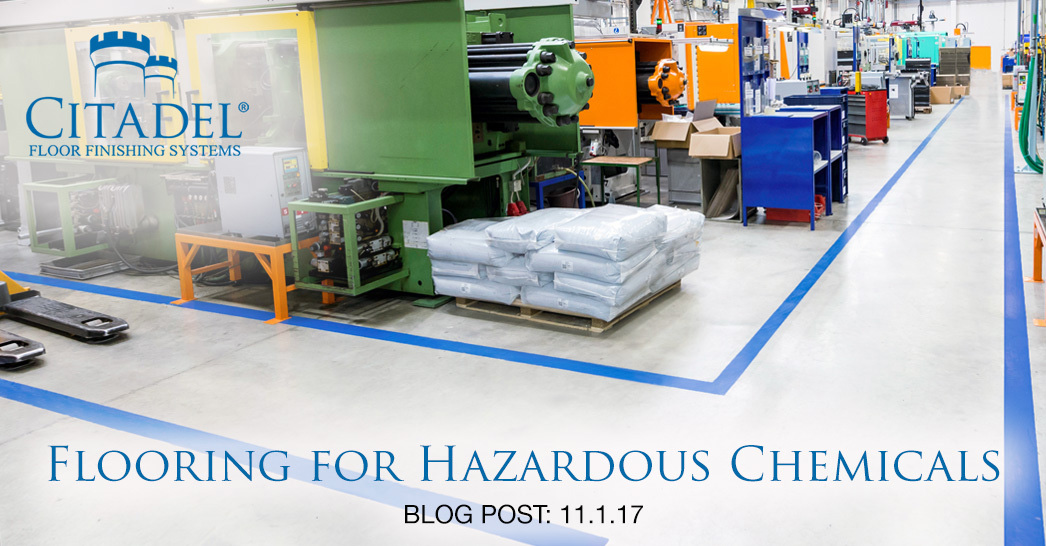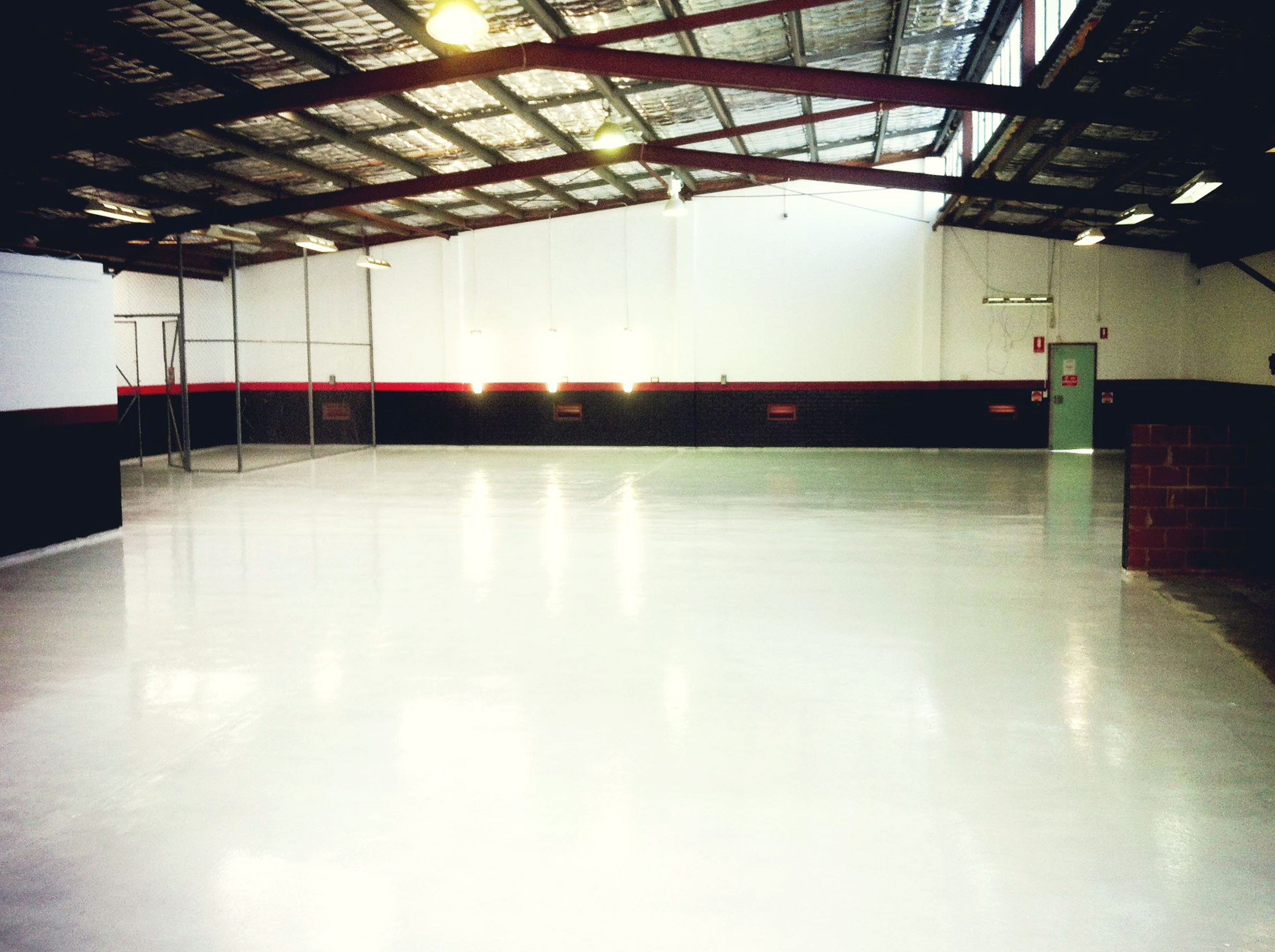What is the Best Flooring Option for Dealing with Hazardous Chemicals

2017-11-01
For your chemical plant clients, maintaining a controlled environment is not only important, it is in many cases critical to employee and customer safety as well as product and service quality. Flooring and surface installations where chemical resistance is a concern include:
• Chemical processing facilities
• Pulp and paper manufacturers
• Food and beverage processing plants
• Plating facilities
• Secondary containment areas (for collecting hazardous material spillage)
• Tank farms
• Trench liners
• Sump liners
• Battery storage areas
Besides being slip-resistant, non-staining, impermeable, durable, and easy to clean and maintain, your chemical plant customers' floors may also require:
• The ability to withstand wheeled as well as foot traffic.
• Resistance to a variety of chemicals, including extremely harsh ones, as well as oil and grease.
• High enough durability to withstand fallen sharp tools or equipment.
• Protection against electrostatic discharge.
• The ability to withstand high or low temperatures.
When quoting your client's chemically resistant floor, it is important to know what types and concentrations of chemicals may contact the floor. (Most potential contact comes in the form of spills that will be immediately cleaned.)
Different floor coatings tolerate some chemicals and not others; likewise, a tolerance for a chemical doesn't guarantee that it resists it at all concentrations. Be sure to confirm with your floor coating manufacturer that the coating you choose meets your job's exact specifications.
Your clients have a dizzying variety of flooring options, including vinyl, linoleum or rubber sheets or tiles; ceramic tiles; or seamless floor coatings. Sheet and tiled products, however, all have the same weakness: joints and junctions at the perimeter of each sheet can split, gap or crack, making cleaning more difficult and enabling chemicals to penetrate, compromising the floor's overall effectiveness and safety.
Floor and surface coatings, such as Citadel's Novolac epoxy 8300 series system, don't have that issue, as they create a seamless surface that can be kept uniformly clean, and offer uninterrupted protection.
The 8300 systems protect against a wide range of chemicals, and the harshest ones out there-even 98% sulfuric acid. The coating withstands steel-wheeled traffic and severe mechanical abuse. Contractors love that it applies with half the labor of any other comparable product.
Learn more about the right, easy-to-apply, one-coat flooring solution for your chemical plant clients. Click here to schedule a no-obligation consultation with one of our flooring experts today.
Latest News
How to Maintain Your Concrete Grinder
Gain Customers and Referrals in 4 Easy Steps
Ready for the Summer Rush? 4 Ways to Prepare
6 Cold Weather Safety Tips for Installers
How to Remove Salt Stains from Concrete
Testimonials
Every time I call I get to talk to someone, and I always have an answer within 20 minutes. That's awesome.
Client: Terry C.

